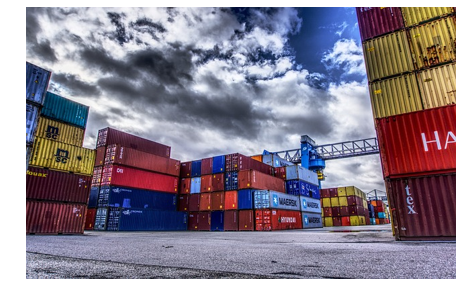INP-WealthPk
Ahmed Khan Malik

Exporters of the port city of Karachi have expressed their disappointment with the abolition of final tax regime on exports in the new budget. They have particularly expressed their concerns over the abolition of one percent final tax on exports, which would be detrimental for exports. “The export sector will now have to pay 29 percent tax by coming into the normal tax regime,” said Zahid Taufiq, Secretary of Exporters Association of Karachi, while talking to WealthPK. He said exports were already struggling against the high cost of production and brining them into the normal tax regime would cause the sector to collapse. “It is a regressive tax measure that risks the collapse of exports with dire consequences for employment and external sector stability, as well as for the overall economic and political stability and security of the country, Zahid opined.
He said the export sector had sought relief from the government in the budget; however, contrary to its expectations, the sector was further burdened with the new tax measures. Karim Memon, one of the leading exporters of the value-added sector, told WealthPK that the budget was based on extremely regressive tax policies, as the tax on exports had increased from one percent to a staggering 29 percent on profits, with two percent advance tax on the export proceeds. This excessive taxation eliminates the incentives for export-oriented activities and drains liquidity from the sector, he added. The industry would not be able to operate in such a high tax regime. So, the government should reconsider its decision before approving and implementing the budget measures. He said the budge could not be termed growth-oriented from any aspect and asked how growth could be ensured when the sectors already in the tax net would be further burdened with high taxes.
Memon said the budgetary support to the industry could only be called a “laughing stock”, as the industry was already grappling with tough conditions due to the high cost of business. He said the small and medium entrepreneurs of the export sector were particularly burdened with high tax, asking how this sector was expected to grow when the tax rates for it had been raised to 45 percent from the existing 35 percent. The government is further burdening the sectors which are already tax-compliant. The manufacturing sector contributes 50 percent to the overall tax collection but it is being burdened further. Memon said the government planned to raise exports in the next financial year in order to bridge the trade gap, but it would not be possible in the current scenario when it was bent upon destroying this sector through anti-export measures by raising tax on the export sector.
Credit: INP-WealthPk













